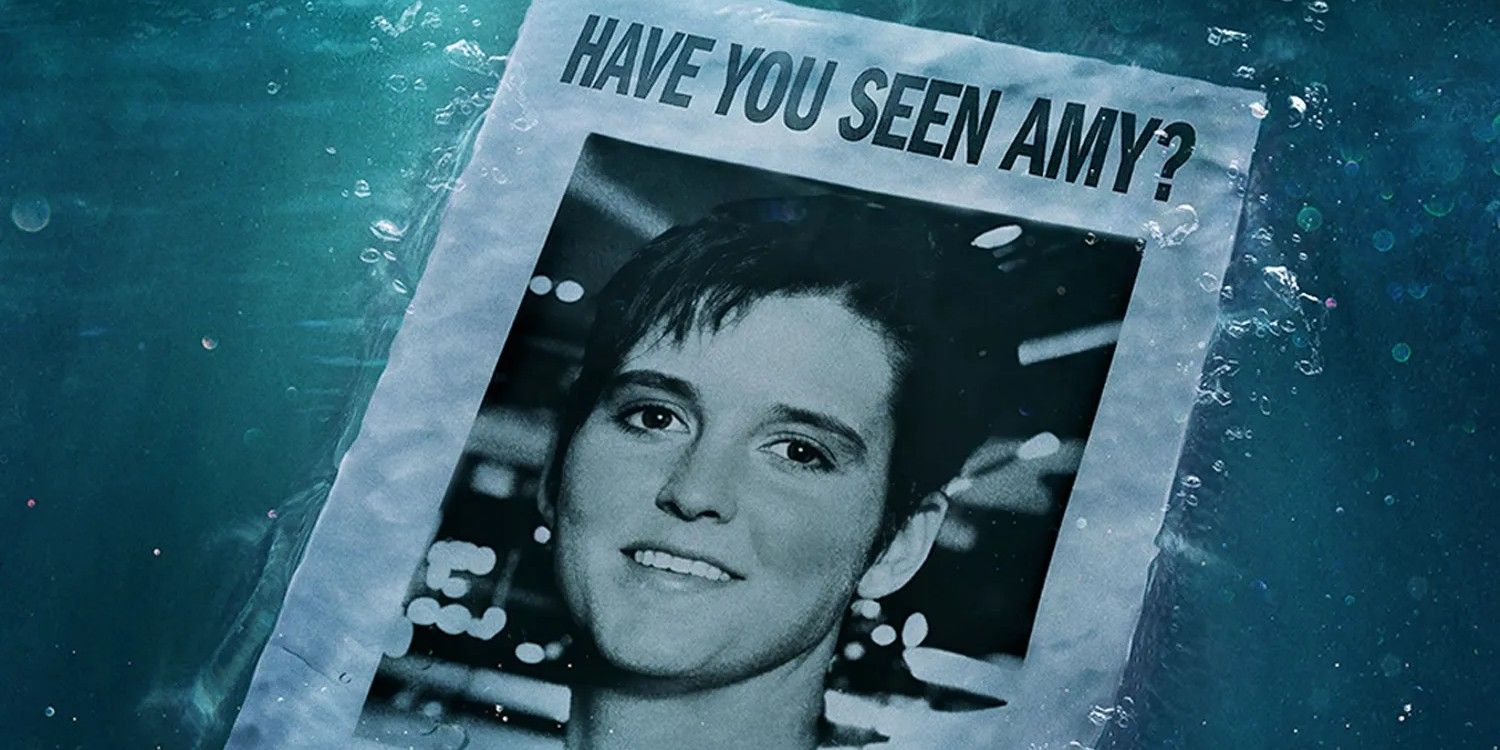The Cured: A Haunting Reflection on Redemption and Prejudice
The Cured is not your typical zombie film. Directed by David Freyne, this 2017 Irish horror drama takes a post-apocalyptic scenario and explores it through the lens of trauma, guilt, and social reintegration. Set in a near future where a cure has been found for a virus that turned people into violent, cannibalistic creatures, the film follows Senan—a young man who has recovered from the infection and is released back into society.
But healing the body does not erase the memory. The cured remember everything they did while infected. And society remembers too. As Senan struggles to rebuild his life and reconnect with his sister-in-law, he is met with suspicion, fear, and hate. Former victims cannot forgive. Politicians and the media fan the flames of division. And among the cured, resentment grows.
What makes The Cured stand out is its refusal to offer easy answers. It blurs the lines between monster and man, guilt and innocence. Sam Keeley delivers a subdued yet emotionally charged performance as Senan, while Ellen Page adds depth and compassion as a woman caught between grief and hope.
Freyne uses the genre as a metaphor for broader issues—post conflict reintegration, societal forgiveness, and the consequences of othering. Visually, the film is bleak and cold, mirroring the emotional landscape of its characters.
Rather than focusing on gore or action, The Cured is a slow burn, building tension through moral ambiguity and psychological conflict. It asks difficult questions: Can people truly be forgiven for unforgivable acts? Can a society ever fully heal after horror?
With a chilling tone and a socially conscious message, The Cured is a bold reimagining of the zombie mythos—one where the scariest part is not the infection, but what comes after.



